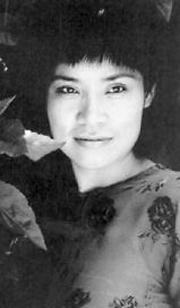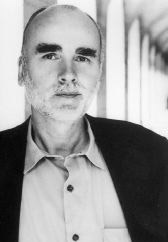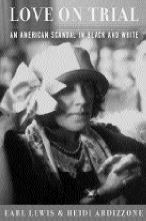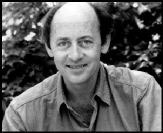BASED ON HER ORIGINS, Jiang Ching should have grown up to be a foot warmer for a rich man’s children. Instead she became Madame Mao Tse-tung, the most powerful woman China has yet produced. In Anchee Min’s historical novel we learn that Jiang’s mother was the bed-slave of a brutal village businessman—she called herself “a radish pickled in the sauce of misery.” Her daughter’s only protection against a future of grinding drudgery was to have the “lotus feet” that would disable her for heavy work and make her a catch for a rich man—if not as a potential bride, at least as a concubine. But 4-year-old Jiang tore off her binding cloths and swore she’d kill herself if her mother bound her feet again.
Becoming Madame Mao
by Anchee Min (Houghton Mifflin, $25)
Thus began a public career of astounding feminine self-assertion unknown in China since the 7th century’s notorious Empress Wu. According to Min’s novel, Jiang’s grandfather told the girl she was “a peacock among hens” and taught her classical operas featuring ancient heroes, including “women who fight fiercely for their happiness.” At 14, Jiang ran off to join an itinerant opera troupe. In five years she had become a Shanghai actress who wrote Communist operas in which memories of her father’s violence against her mother were transformed into scenes of heroines fighting on despite wounds dripping with gore.
Min traces Jiang’s erotic life through early romances, short-lived marriages, and a love-hate affair with the Communist Party. In 1937—Jiang was 23—she arrived in the harsh mountains of rural China where Mao Tse-tung was fomenting revolution. She flaunted “the brightest eyes men here [had] ever seen” to “catch the heart of their god,” and within a year she was Madame Mao, determined to play a starring role in national politics. Among other things, “the white-boned demon” would spark the Cultural Revolution, back her husband’s bloodiest moves against rivals, and punish her own enemies, real and imagined, with cold delight.
Jiang Ching’s drive and deeds were shocking, but she inspired many women of midcentury China, including Anchee Min. As a member of the Red Guard during the ’60s, Min knew Jiang’s operas by heart and auditioned for one of her propaganda films. In a recent interview Min said she wanted her novel to present the human side of Jiang Ching; as a result, perhaps, her central theme is that Jiang’s childhood pain and humiliation left her with deep-seated needs to validate herself through displays of power and achievement.
INDEED, MIN’S NOVEL becomes a virtual case history of the cruel forms grandiosity can take when born of shame. But psychological approaches to fiction can be reductive, and sometimes Min is so busy explaining Jiang’s character she fails to create it. Min tells us Jiang plays roles because she “can’t be satisfied with who she is” and details “how the father plants the seed of worthlessness” in his daughter. Interpretation replaces the random, ordinary impressions that register on a mind, such as those in Min’s 1994 memoir, Red Azalea—the father’s bandaged fingers, the bearded hen, the rough factory women chattering in the family courtyard. Also distracting are Min’s continual shifts between omniscient and first-person points of view. Such shifts dramatize the conflicting aims of any historical novelist—to be true to the facts and to make the facts live in a fiction-lover’s imagination. But arbitrary switches between “she” and “I” without consistent, parallel changes in voice or outlook don’t solve the problem.
Still, Becoming Madame Mao is a vivid description of a time and place about which many Americans know little. Its spirited, research-based narrative sweeps us right into modern China’s political torrents and a woman’s raging need for approval. Min succeeds in humanizing Jiang, if only because it’s hard not to feel for someone married to the husband from hell—Mao has mossy teeth and secret syphilis, he “practices longevity” with virgins herded in from the countryside, and he endlessly, numbingly intones self-important sentiments like “I am a mythological pillar born to hold up the heavens. . . .But without you I can only be a chopstick.” Luckily, there are also exquisite passages like the one on Jiang’s uneasy obsessions: A “ghost opens a kitchen in her mind and cooks.” With writing like this, we can stand the heat.
Anchee Min reads from her novel at Elliott Bay Book Co. 6/15 at 7:30pm.








